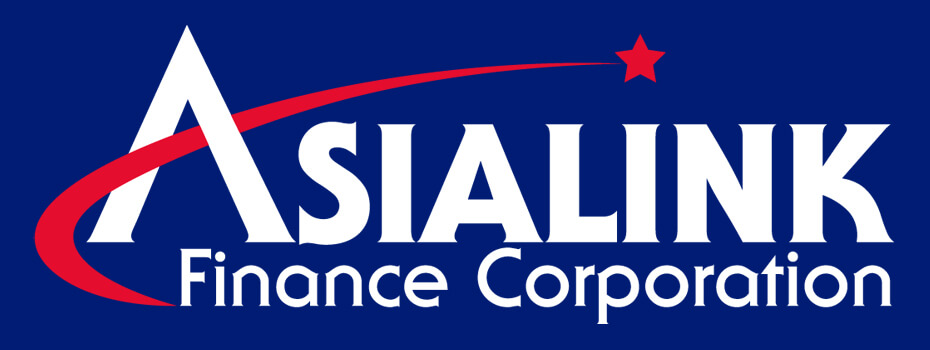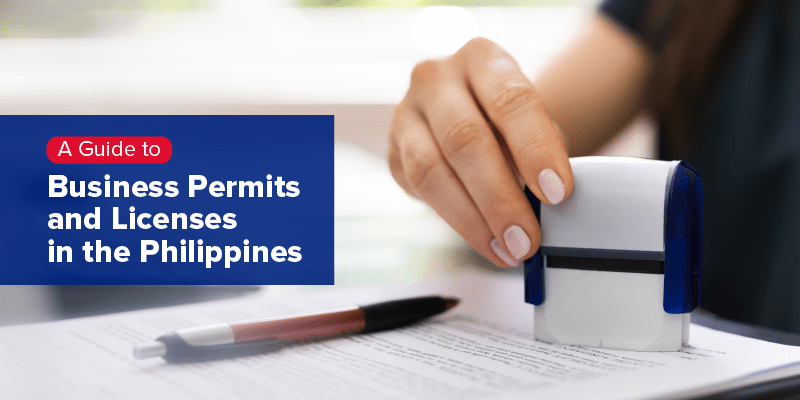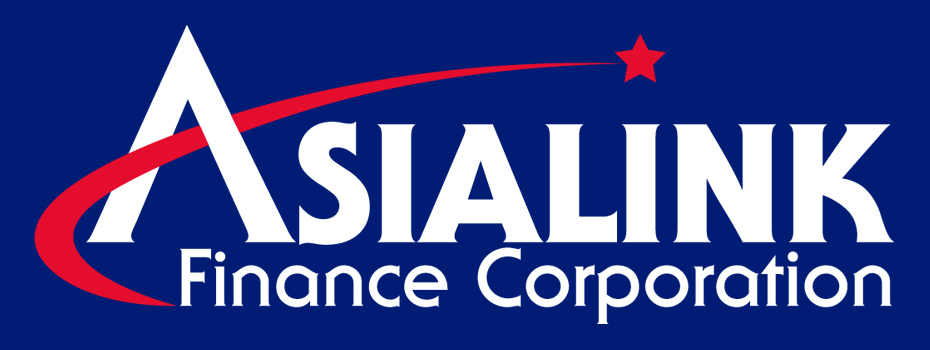Business permits and licenses don’t exist to make life difficult for entrepreneurs. On the contrary, they legitimize and protect those who wish to engage in business in whatever capacity. They also safeguard the rights of consumers. They’re a double-edged sword the government uses to keep everyone’s interests in check.
However, it’s also true that this sword can sometimes get too unwieldy you end up hurting yourself.
What is a business permit? It is a government-mandated document that encapsulates compliance standards, including safety. Businesses need to abide by the stipulations in this document or risk overstepping the bounds of the law.
If you’re in the process of procuring business permits and licenses in the Philippines, here’s everything you need to know.
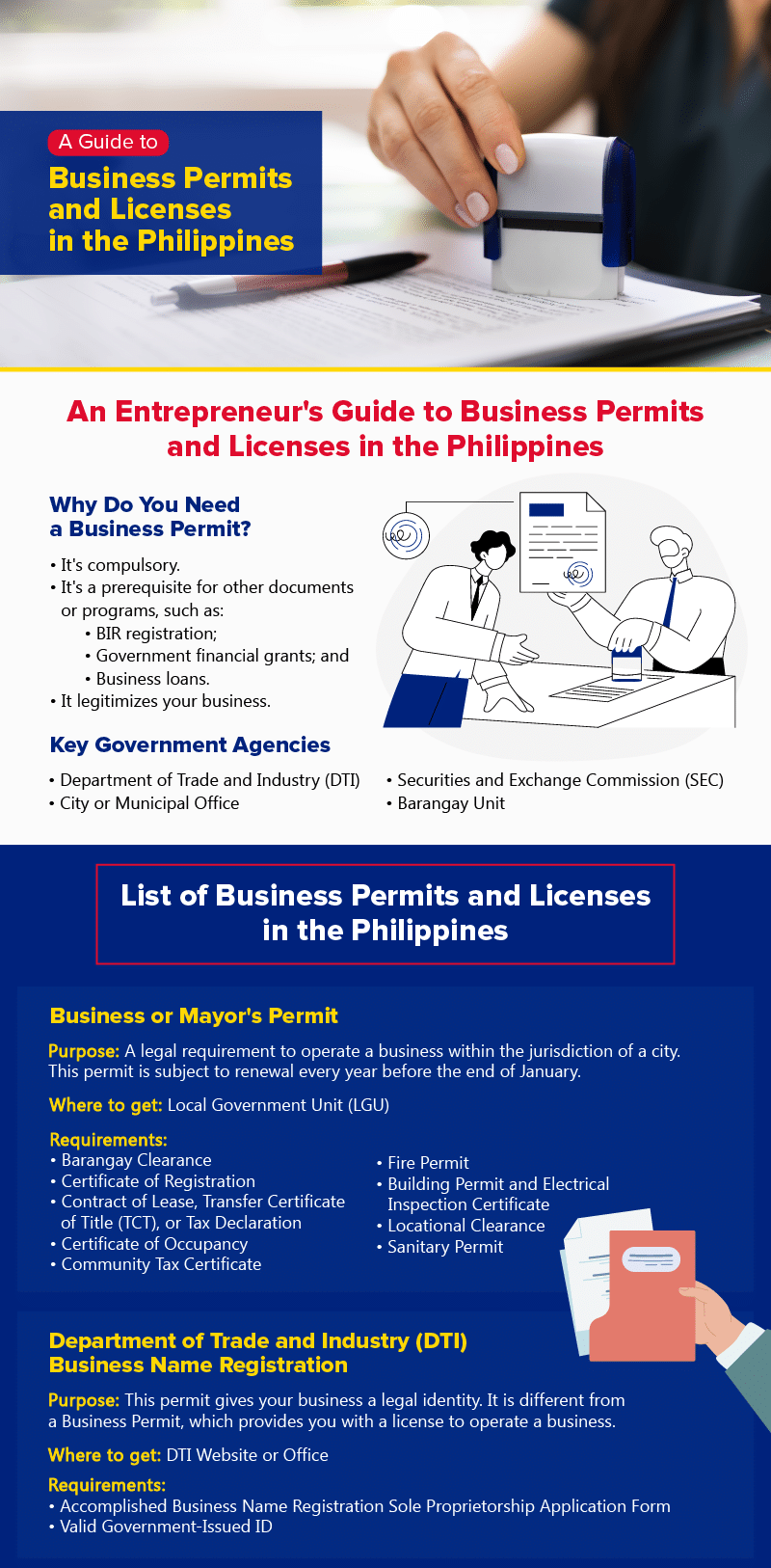
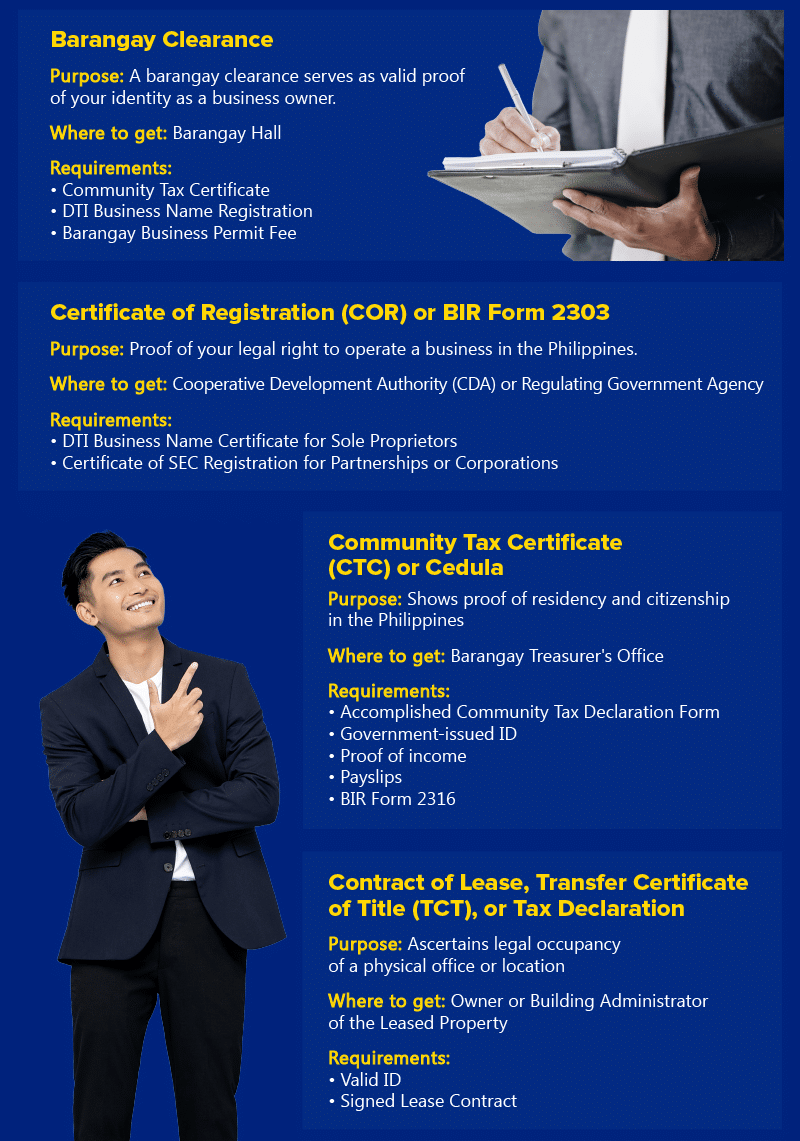
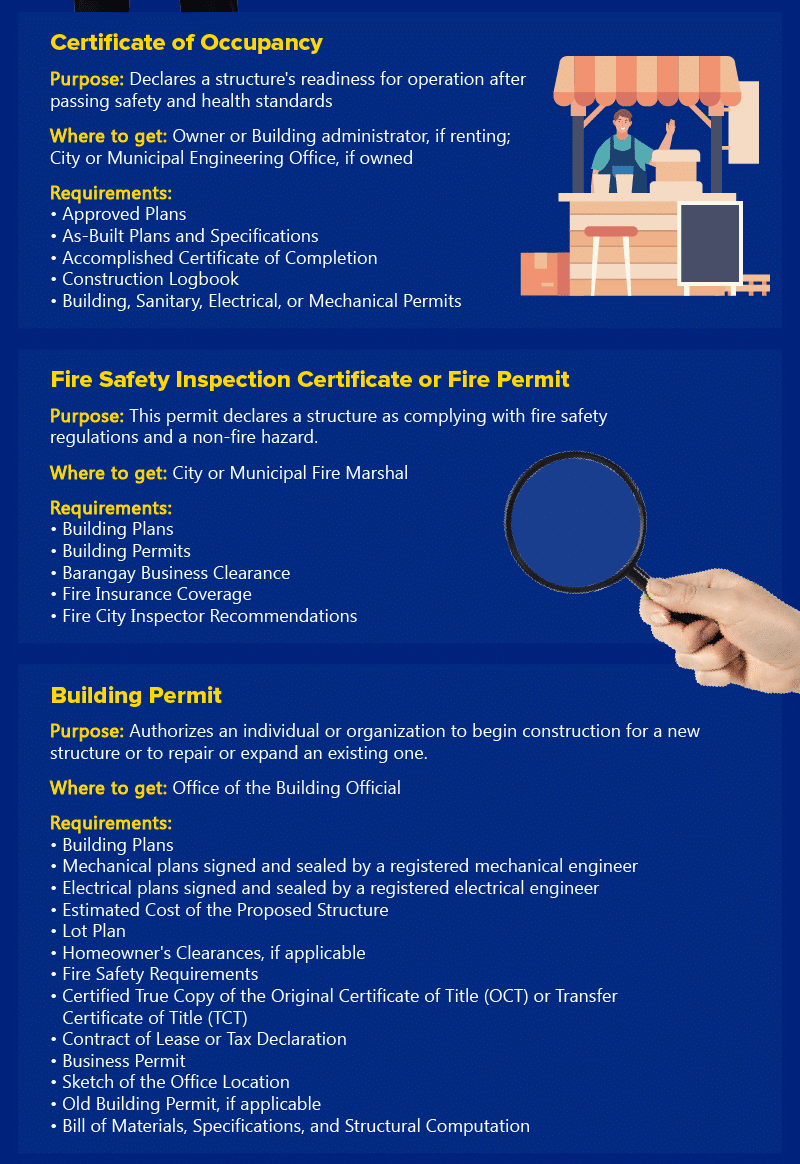
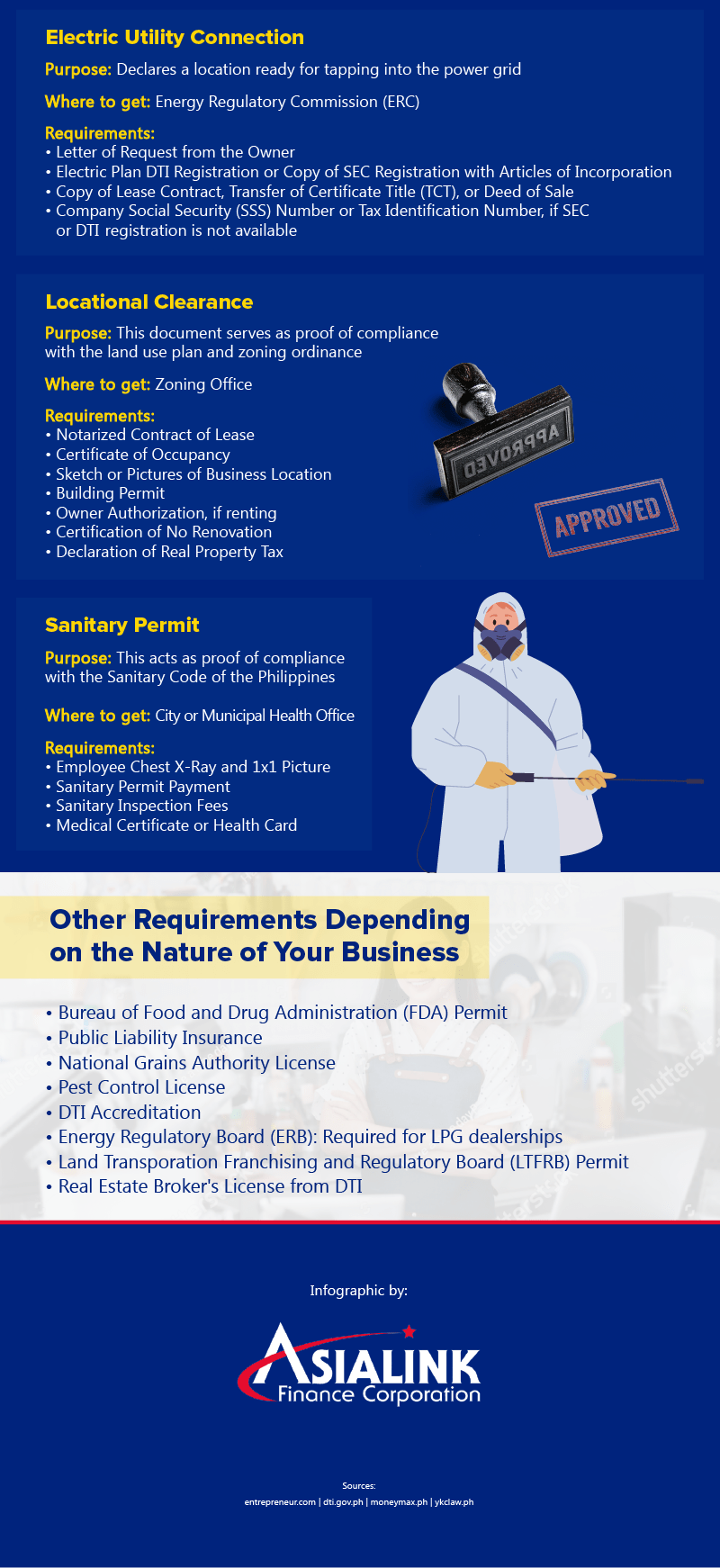
Why Do You Need a Business Permit?
The government requires businesses to procure permits and licenses before operating. Having these documents at hand ensures that your operations will be within the bounds of the law.
Moreover, they will come in handy once you apply for BIR registration, government financial aid programs, business loans, and other similar transactions.
Lastly, displaying business permits and licenses in your place of business communicates to customers and other stakeholders that you are not a fly-by-night business entity and are worthy of an enduring partnership.
Key Government Offices
Department of Trade and Industry (DTI)
The DTI regulates, coordinates, and promotes activities in the country related to trade, industry, and investment. Registering a business name with the DTI is a mandatory requirement for all businesses, regardless of business structure, to begin applying for a business permit.
City or Municipal Office
Municipal governments are responsible for delivering essential services within their local jurisdictions. To facilitate this function, these offices grant permits for registered business and trade activities. The process for obtaining a business permit may vary depending on the ordinances of the city or municipality.
Securities and Exchange Commission (SEC)
This office serves as the registrar and regulator of corporations in the Philippines. As the overseer of the corporate sector, the SEC evaluates, develops, and enforces regulations for more than 500,000 active corporations registered under its jurisdiction.
One of its crucial tasks involves supervising the financial statements (FS) filed by corporations, ensuring compliance with reporting standards and financial transparency.
Barangay Unit
As the fundamental political unit in the Philippines, the barangay plays a central role in planning and executing government programs, services, projects, and activities.
To operate a business in the Philippines, you must go to the Barangay Hall or the Office of the Barangay Captain within your business jurisdiction. This step also applies when renewing your Mayor’s Permit or Business License every year, usually in January.
List of Business Permits and Licenses in the Philippines
Have these permits and licenses handy to ensure your business operations face no legal loopholes.
Business or Mayor’s Permit
You can legally operate a business upon procurement of a mayor’s permit. This document requires your Barangay Clearance, Certificate of Registration, Contract of Lease or Transfer Certificate of Title (TCT), Tax Declaration, Certificate of Occupancy, Community Tax Certificate, Fire Permit, Building Permit and Electrical Inspection Certificate, Locational Clearance, and Sanitary Permit.
Department of Trade (DTI) Business Name Registration
To legally claim a business name’s rights, you must furnish the Department of Trade and Industry (DTI) with an accomplished Business Name Registration Sole Proprietorship application form and a valid government-issued ID. You may complete the process online or on-site.
Barangay Clearance
This document is proof of business location. To get it, you must furnish your barangay hall secretary with a Community Tax Certificate and DTI Business Name Registration. You will also pay a barangay Business Permit fee.
Certificate of Registration
This is specifically for cooperatives, foundations, or associations. The Cooperative Development Authority (CDA) or the regulating government agency for a specific business niche provides this certification. Requirements include a DTI Business Name Certificate for sole proprietors and a Certificate of SEC Registration for partnerships or corporations.
Community Tax Certificate (CTC) or Cedula
A CTC serves as your record of residency and citizenship in the Philippines. You can get this document from your barangay treasurer by submitting an accomplished Community Tax Declaration Form, a government-issued ID, proof of income, payslips, and BIR Form 2316. Keep in mind that barangays may differ in terms of required documents.
Contract of Lease, Transfer Certificate of Title, or Tax Declaration
This document fulfills the requirement for legally occupying a physical office or location. If you’re the property owner, chances are you already have a TCT or Tax Declaration certificate on hand. Otherwise, you may procure a Contract of Lease from the property owner or building administrator. You might need to show a signed lease contract and a valid ID.
Certificate of Occupancy
To attain this certificate, you must furnish the city or municipal engineer’s office with approved building plans, as-built plans and specifications, accomplished Certificate of Completion, construction logbook, and building, sanitary, electrical, or mechanical permits.
Fire Safety Inspection Certificate or Fire Permit
Issued by the city or municipal fire marshal, this permit declares a structure as a non-fire hazard. You will need to provide building plans, building permits, barangay business clearance, fire insurance coverage, and specific recommendations from the fire city inspector.
Building Permit and Electrical Inspection Certificate
This business requirement will look at your building plan, lot plan, applicable homeowner’s clearances, fire safety requirements, Contract of Lease or Tax Declaration, Business Permit, a sketch of the office location, old building permit (if applicable), and bill of materials, specifications, and structural computation. Present these documents to your city or municipality’s Office of the Building Official.
Electric Utility Connection
The Energy Regulatory Commission (ERC) requires a letter of request from the owner, electric plan, DTI Registration or copy of SEC Registration with Articles of Incorporation, copy of Lease Contract, TCT, or Deed of Sale, and company social security system (SSS) Number or Tax Identification Number (TIN) if SEC or DTI Registration is not available. Once all these are in order, you can tap into the power grid.
Locational Clearance
Your city or municipality’s zoning office requires a Notarized Contract of Lease, Certificate of Occupancy, sketch or pictures of the business location, building permit, owner authorization (if renting), Certification of No Renovation, and Declaration of Real Property Tax (for property owners).
These documents support that your place of business aligns with your area’s zoning and land use regulations.
Sanitary Permit
Businesses need to comply with the Sanitary Code of the Philippines, hence the need to procure this permit from the city or municipal health office. Be ready to submit a chest X-ray and 1×1 picture from each employee, sanitary permit payment, sanitary inspection fees, and medical certificate or health card.
Other Requirements Depending on the Nature of Your Business
Relative to the type of business you do, you might also need to secure permits and licenses from the following regulatory bodies.
- Bureau of Food and Drug Administration (FDA) Permit – Required for drugstores, bakeries, and other business entities in the food and beverage production market.
- Public Liability Insurance – Required for establishments frequented by the public, such as cinemas, malls, restaurants, theme parks, etc.
- National Grains Authority License – Required for rice, corn, and wheat dealerships.
- Pest Control License – Required for businesses offering pest control services.
- DTI Accreditation – Required for electrical equipment services and auto repair shops.
- Energy Regulatory Board (ERB) – Required for LPG dealerships.
- Land Transportation Franchising and Regulatory Board (LTFRB) Permit – Required for transportation-related businesses.
- Real Estate Broker’s License from DTI – Required for real estate brokerage firms and professionals in the industry.
Legitimize Your Business
A business permit gives your entrepreneurial project credibility. With the necessary licenses, your business partners and customers will know that you comply with government regulations, thus allowing them to trust you fully. As you may already know, trust is of the essence when it comes to entrepreneurship.
Speaking of trust, Asialink Finance Corporation offers a finance loan in the Philippines to boost your capital. Get the business loan you need today.
